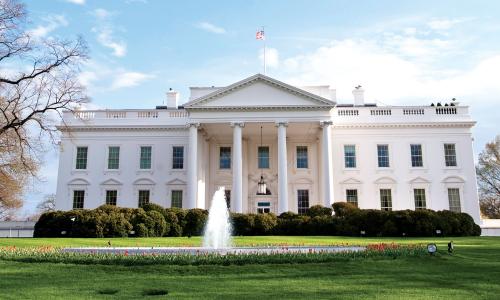All reports
Report

Clean Energy Momentum: Ranking State Progress
Is your state embracing clean energy? You might be surprised at which states are leading.
Report

Limiting the President’s Ability to Start a Nuclear War
No single individual should have the authority to start nuclear war.
Report

The Nuclear Regulatory Commission and Safety Culture
The NRC promotes a positive safety culture at US nuclear power plants—but it may have a poor safety culture of its own.
Report

Why a Third Homeland Missile Defense Site Doesn't Make Sense
Congress wants a third missile defense site—but security experts, scientists, and the Pentagon all think it’s a bad idea.
Report

Maximizing the Benefits of Self-Driving Vehicles
Seven principles for creating a cleaner, safer, and more equitable transportation system.
Report

Carbon Pricing and Low-Carbon Fuel Programs
California's LCFS and Cap-and-Trade Program are both essential for cutting transportation-related climate pollution.
Report

Preserving Scientific Integrity in Federal Policymaking
The Obama administration made important progress on scientific integrity. We must not return to the days of rampant abuses of science.
Report

Flipping the Switch for a Cleaner Grid
We don’t currently pay attention to when we use electricity—but we should.
Report

The Case for Presidential Action to Reform our Farm and Food System
The US food system is in trouble, and it's time for our policymakers—starting with the president—to do something about it.
Report

Strengthening Federal Science for the Public Good
Here are some concrete steps the new administration and Congress can take to advance the role of independent, transparent federal science in meeting our nation's challenges.
Report

Bringing Electric Vehicles to the Northeast and Mid-Atlantic
Zero-emission vehicles can save consumers money, cut oil use, and bring much-needed reductions in global warming emissions from our transportation sector.
Report

Opportunities to Reduce the US Nuclear Arsenal
President Obama could reduce the US arsenal by almost 2,000 nuclear weapons without affecting deterrence.